Can You Have Caffeine Before A Tattoo?
Discover if it is a good idea to have your daily shot of espresso before your ink session.
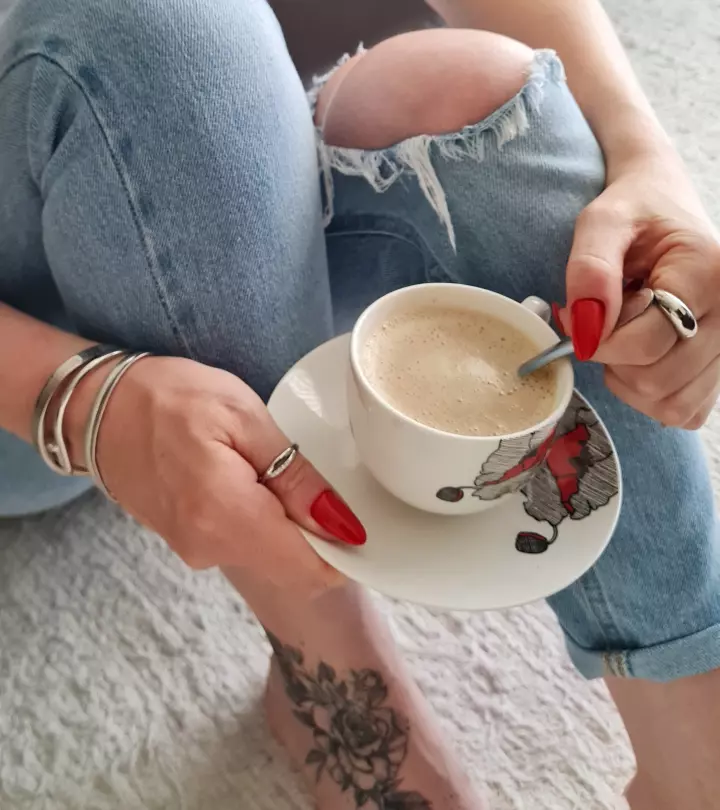
Image: Shutterstock
The decision to get a tattoo is a personal journey and it comes with a mix of excitement and anticipation. Among these, one question that may commonly arise is whether you can have your morning dose of caffeine before getting tattoos. After all, for many of us, caffeinated drinks such as coffee have become an essential way to kick-start our everyday routines. They provide a sense of comfort and familiarity and help us stay alert and active. In such a case, it is common to wonder about the effects of caffeine consumption on tattooing.
However, the role of caffeine intake in the tattoo process is subjective and varies from person to person. Some individuals believe that having that cup of coffee before the session may create a positive mindset before the needle starts its work. On the other hand, others are of the view that it may have potential blood-thinning effects. This article will help you figure out the truth behind these statements. Let us get started!
In This Article
Can You Have Caffeine Before Getting A Tattoo?
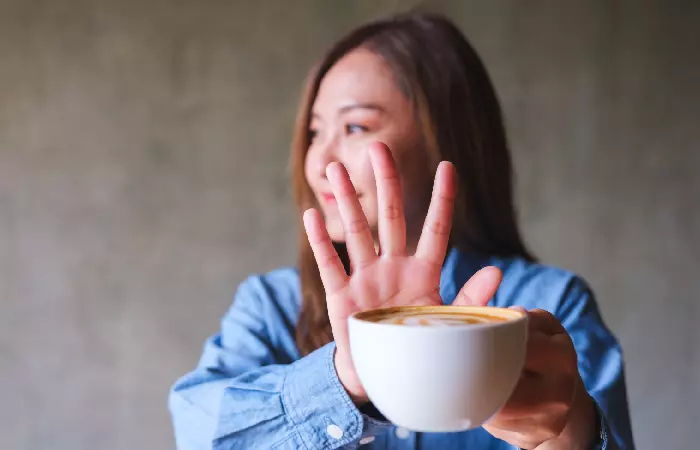
When one gets a tattoo for the first time, the first question that comes to mind is “How to prepare for a tattoo?” The answer to this question lies in consuming healthy foods, plenty of water, and getting a good night’s sleep. It is generally advisable to avoid caffeine before getting a tattoo, as it may have blood-thinning effects, which may decrease platelet aggregation, affecting wound healing (1). This means that when you drink caffeine, it inhibits the blood platelets from sticking together to form a clot. This increases the bleeding time, which might be a risk factor for the tattooing process.
However, a study found that this is mainly in the case of caffeine from coffee. This study was conducted on 10 healthy individuals and had two sessions. In the first session, the participants drank 200 ml of coffee with 180 mg of caffeine. For the second session, they consumed a 180 mg caffeine capsule with water. It was found that drinking coffee, not just caffeine, made the platelets less likely to stick together due to the presence of a chemical substance called caffeic acid; caffeine itself did not have this effect (2).
Further, anecdotal evidence suggests that if you consume caffeine regularly, it is okay to have it in moderate amounts before the tattoo session. This may be because people who drink coffee regularly may experience caffeine withdrawal if they skip it, which may lead to symptoms like headache and difficulty concentrating. Research suggests that low doses of caffeine may help keep these symptoms in check (3).
 Did You Know?
Did You Know?The blood-thinning effects of coffee may lead to slower blood clotting which increases bleeding during the tattoo sessions (2). However, this is not the only reason you should avoid coffee before tattoos. Scroll down to learn more.
Key Takeaways
- You should avoid consuming caffeine 24-48 hours before getting a tattoo due to negative effects like increased sensitivity to pain, anxiety, and excessive bleeding.
- If you must have coffee, limit intake and ensure proper hydration by drinking plenty of water. You may also have non-caffeinated beverages like fresh fruit juices, smoothies, and electrolyte drinks.
- You should also avoid consuming caffeine 24-48 hours after getting a tattoo to avoid adverse effects like delayed healing and bad sleep.
Reasons You Should Not Drink Coffee Before Getting A Tattoo
While there are no strict rules against drinking coffee before getting a tattoo, there are a few reasons some people might want to avoid it. Here are some of them:
- May Cause Excessive Bleeding
Along with slowing down blood clotting time, coffee may also increase heart rate and blood pressure (5). Research suggests that this may increase the risk of bleeding (6). This severe bleeding can make it difficult for the tattoo artist to work, as they may have to continuously wipe away blood. This may add to the tattooing time and may also affect the final result.
- May Increase Pain Perception
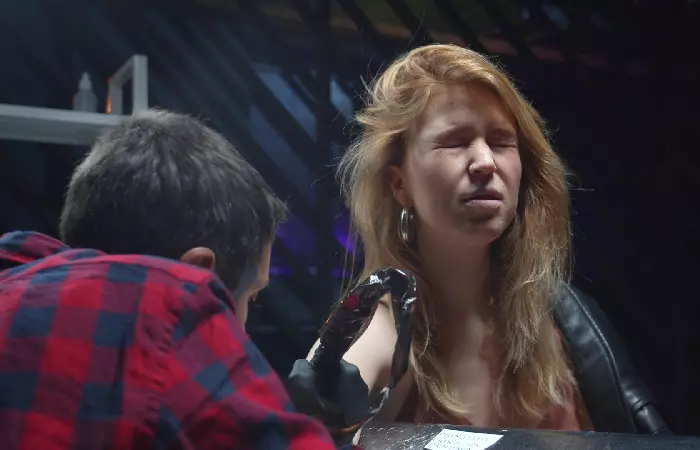
Anecdotal evidence suggests that coffee consumption may make you sensitive to pain by signaling the pain receptors in the body. This increased pain perception may make it uncomfortable for you to sit through the tattooing process. On the other hand, research mentions that caffeine blocks receptors that influence pain signaling in the body, and may help reduce pain sensations (7). However, more research is needed in this regard.
- May Make You Anxious
According to a study, moderate to high consumption of coffee is linked with increased anxiety (8). While a cup of coffee before a tattoo session may help calm your nerves temporarily, it may only increase your jitteriness and restlessness later. Studies have also shown that it may lead to fidgeting, agitation, increased urination, irritability, muscle twitches, and irregular heart rate – all of which may make you uncomfortable during the tattoo session and add to the feeling of anxiety (4).
- May Cause Dehydration
When consumed in large amounts, coffee may have diuretic effects on the body, which increases urine production (9). This may lead to dehydration, which may make your skin prone to more damage during the tattooing process. It may even slow down the tattoo healing process afterward (10). However, research also suggests that coffee may not cause dehydration in moderate amounts, especially if you stay hydrated throughout the day (9).
Apart from this, having caffeine before getting a tattoo may also affect your sleep after the procedure (11). This may keep you from having a good night’s nap and affect the healing process (12). Let us see how long you should avoid caffeine before a tattoo to prevent this.
How Long Should You Avoid Caffeine Before Getting A Tattoo?

There is no strict rule on how long you should avoid caffeine before getting a tattoo. However, it is a good idea to refrain from consuming caffeinated beverages like coffee, soda, and energy drinks at least 24-48 hours before your tattoo sessions. If you are someone who drinks coffee daily, you may consume a small amount of it on the day of the session on the recommendation of your tattoo artist or healthcare experts. This will help keep your caffeine withdrawal symptoms in check.
Before getting a tattoo, it is important to stay hydrated, as proper hydration helps your skin stay elastic and can contribute to a smoother tattooing process (15). Check out the next section to learn what you can drink for this.
What To Drink Before Getting A Tattoo
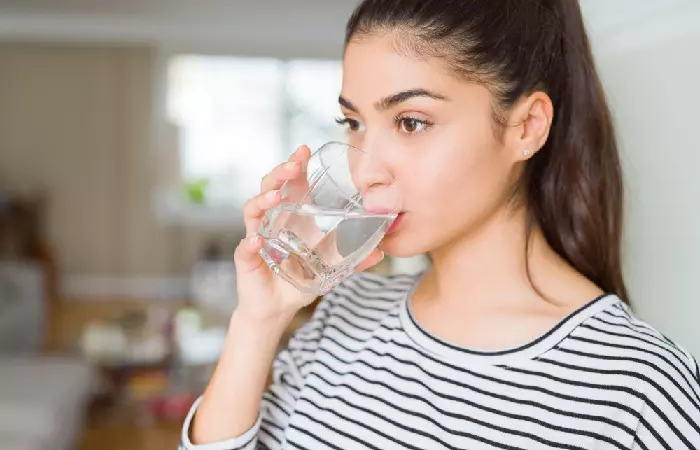
You may drink the following before your tattoo session:
- Water: Consider drinking plenty of water in the days leading up to your tattoo appointment. If you do not like plain water, you may try lime water or detox water for added flavors.
- Electrolyte-Rich Drinks: You may drink beverages like coconut water that contain electrolytes like sodium and potassium to help balance fluids and minerals in your body (16).
- Herbal Teas: A cup of herbal tea may also be a good choice, as these do not contain caffeine. You may opt for soothing options like chamomile tea to help you stay calm during your tattoo session (17).
- Fresh Juice And Smoothies: If you prefer something flavorful, consider homemade smoothies and juices made from fresh fruits and vegetables like tomatoes and oranges. Along with helping you stay hydrated, they may also provide you with some essential nutrients like vitamin C (18).
If your tattoo artist allows a little caffeine, you may also try low-caffeinated options like green and black tea. The amounts of caffeine in both these beverages are 12 mg and 20 mg, respectively (19), (20). You may also drink decaffeinated coffee. A typical cup of decaf coffee only has about 1.79 mg of caffeine, which is almost negligible compared to 94.8 mg of caffeine in a cup of regular coffee (21), (22).
However, this also entails knowing what to eat before a tattoo session, and the answer is simple. You should consume more protein, carbs, zinc, citrus, and leafy greens to provide the right amount of nutrients to your body before the inking process.
Even before taking these low-caffeinated options, it is a great idea to talk with your tattoo artist to avoid any potential risks. But what about consuming caffeine after getting a tattoo? Is it considered safe? Let us find out.
Can You Drink Caffeine After Getting A Tattoo?
No evidence suggests that consuming caffeine after getting a tattoo may be harmful. However, it is important to note that coffee may lead to excess blood loss, as it decreases platelet aggregation, which prevents timely clot formation (1). Now, blood clot formation is essential for the healing process, as it serves as a temporary shield to protect the wound on the tattooed skin against the external environment (23). Thus, having caffeine after getting a tattoo may delay its healing, which may lead to the risk of infections and affect the overall appearance. Not just this, coffee consumption may also increase your blood pressure, which in turn, may affect the proper healing of the tattoo wound (5), (24). To help your tattoo heal faster and look its best, it’s important to avoid caffeine during the recovery period.
After getting a tattoo, it is common for the body to experience stress, and caffeine might contribute to it by making you feel jittery and restless. But for how long does one need to avoid it after the session? The next section will help clear the confusion.
How Long Should You Avoid Caffeine After Getting A Tattoo?

It is generally advisable to avoid caffeine for at least 24-48 hours after getting a tattoo. However, there is no fixed rule for this. If your coffee habits include having it daily, you may consume it in moderation. Alternatively, if you are prone to mild coffee side effects like restlessness and agitation, it is a good idea to avoid coffee for the first few days after a tattoo. Instead, opt for non-caffeinated beverages like coconut water, herbal teas, and fresh juice to keep yourself hydrated. In case of doubt, you may always consult your tattoo artist or healthcare professional for personalized guidance based on your specific health and lifestyle factors.
The decision to have caffeine before tattoos depends on your personal preference. While it is generally recommended to avoid it just before and after tattooing, you may have it in moderate amounts if you are habituated to caffeine in coffee. However, it is essential to keep in mind that excess of this may lead to adverse side effects like accelerated heart rate, blood clotting and bleeding issues, high stress levels, and increased pain, all of which may be a problem during the tattoo process. Coffee may prevent you from having quality sleep after the session, which may potentially delay the tattoo healing process. Therefore, it is a good idea to skip caffeine for 1-2 days before getting a tattoo. You may instead opt for homemade, non-caffeinated, and non-alcoholic drinks like cool water, natural fruit juice, and herbal teas. Now, you have the answer to your question: can you drink caffeine after getting a tattoo?However, if you really want to have caffeine, try low-caffeinated options like green tea and decaf coffee on the recommendation of your tattoo artist.
Frequently Asked Questions
Why can’t I have caffeine before microblading?
You cannot have caffeine before microblading, as the process involves scratching the skin with a hand tool made of tiny needles, which may lead to bleeding. Since caffeine has blood-thinning effects, which may prevent the blood platelets from sticking together to form a clot, it may lead to excessive bleeding (1). This may be considered risky for the procedure.
How much caffeine is too much before a tattoo?
There are no set guidelines for how much caffeine is too much before a tattoo. However, it is recommended that you should avoid it completely 12-48 hours before your tattoo session. However, if you really have to have it, avoid consuming more than 400 mg/day of caffeine per day (25).
Illustration: Can You Have Caffeine Before A Tattoo?
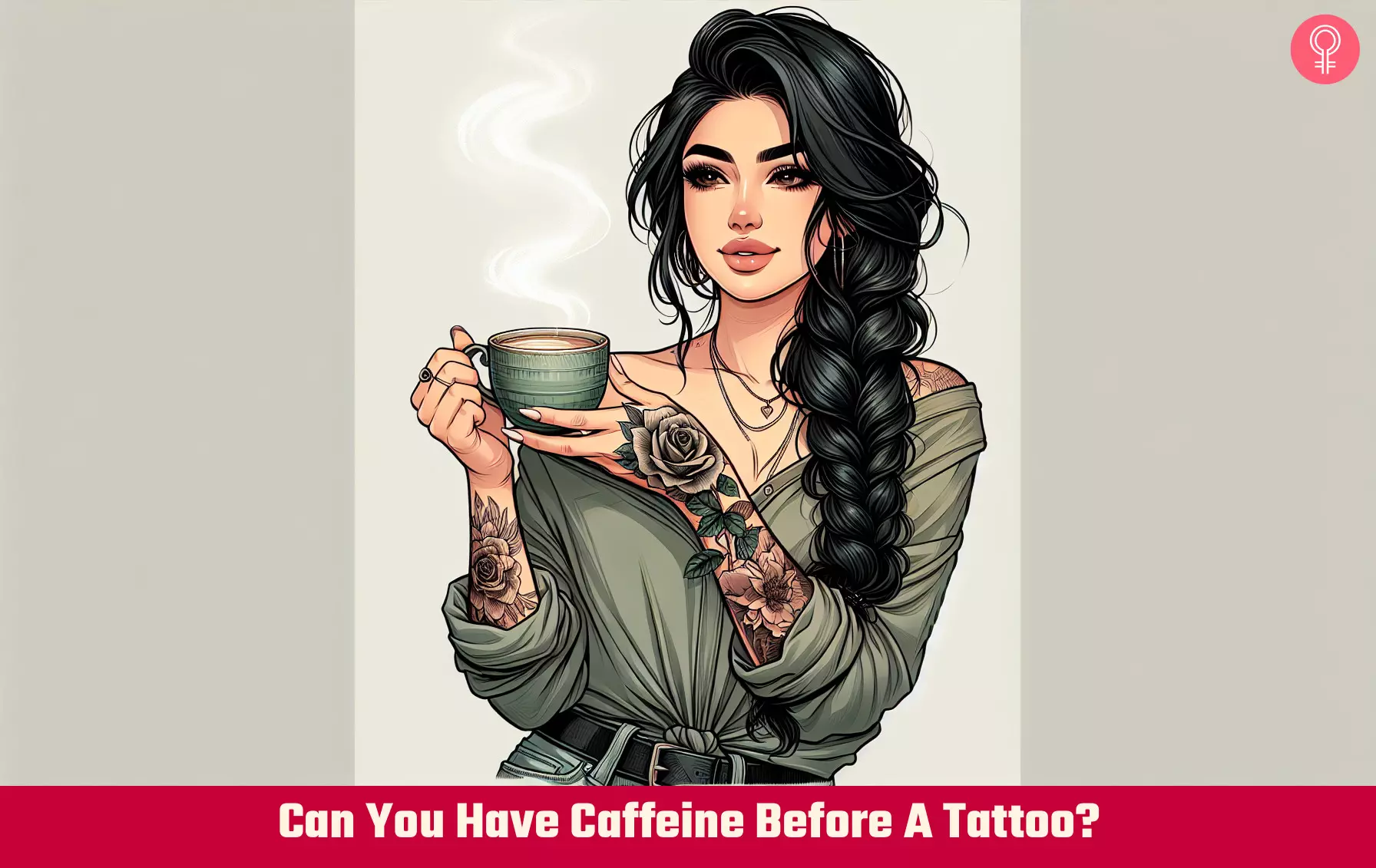
Image: Stable Diffusion/StyleCraze Design Team
Are you still curious about caffeine and tattoos? This video contains information about whether or not you should have your morning cup of coffee right before a tattooing session. Check it out to learn about it!
References
Articles on StyleCraze are backed by verified information from peer-reviewed and academic research papers, reputed organizations, research institutions, and medical associations to ensure accuracy and relevance. Read our editorial policy to learn more.
- Coffee extracts inhibit platelet aggregation in vivo and in vitro
https://pubmed.ncbi.nlm.nih.gov/3115908/ - Effect of coffee drinking on platelets: inhibition of aggregation and phenols incorporation
https://pubmed.ncbi.nlm.nih.gov/18439332/ - Caffeine use disorder: a comprehensive review and research agenda
https://www.ncbi.nlm.nih.gov/pmc/articles/PMC3777290/ - Caffeine
https://www.ncbi.nlm.nih.gov/books/NBK519490/ - Acute effects of caffeine on heart rate variability, blood pressure and tidal volume in paraplegic and tetraplegic compared to able-bodied individuals: a randomized, blinded trial
https://www.ncbi.nlm.nih.gov/pmc/articles/PMC5077167/ - Diastolic blood pressure achieved at target systolic blood pressure (120–140 mm Hg) and dabigatran-related bleeding in patients with nonvalvular atrial fibrillation: A real-world study
https://www.ncbi.nlm.nih.gov/pmc/articles/PMC7585965/ - The role of caffeine in pain management: a brief literature review
https://www.ncbi.nlm.nih.gov/pmc/articles/PMC5018099/ - Ad lib caffeine consumption symptoms of caffeinism and academic performance
https://pubmed.ncbi.nlm.nih.gov/7212112/ - No evidence of dehydration with moderate daily coffee intake: a counterbalanced cross-over study in a free-living population
https://www.ncbi.nlm.nih.gov/pmc/articles/PMC3886980/ - The importance of hydration in wound healing: reinvigorating the clinical perspective
https://pubmed.ncbi.nlm.nih.gov/26947692/ - The effect of caffeine on subsequent sleep: a systematic review and meta-analysis
https://pubmed.ncbi.nlm.nih.gov/36870101/ - Insomnia complaints and perceived immune fitness in young adults with and without self-reported impaired wound healing
https://www.ncbi.nlm.nih.gov/pmc/articles/PMC9412748/ - Effects of nonsteroidal antiinflammatory drugs on platelet function and systemic hemostasis
https://pubmed.ncbi.nlm.nih.gov/7608308/ - Effect of Ibuprofen dose on platelet aggregation and coagulation in blood samples from pigs
https://pubmed.ncbi.nlm.nih.gov/25747637/ - Narrative review of hydration and selected health outcomes in the general population
https://www.ncbi.nlm.nih.gov/pmc/articles/PMC6356561/ - The chemical composition and biological properties of coconut (cocos nucifera l.) water
https://www.ncbi.nlm.nih.gov/pmc/articles/PMC6255029/ - A comprehensive study of therapeutic applications of chamomile
https://www.ncbi.nlm.nih.gov/pmc/articles/PMC9611340/ - Health benefits of fruits and vegetables
https://www.ncbi.nlm.nih.gov/pmc/articles/PMC3649719/ - Beverages tea green brewed regular
https://fdc.nal.usda.gov/fdc-app.html#/food-details/171917/nutrients - Beverages tea black brewed prepared with tap water
https://fdc.nal.usda.gov/fdc-app.html#/food-details/173227/nutrients - Beverages coffee instant decaffeinated prepared with water
https://fdc.nal.usda.gov/fdc-app.html#/food-details/171894/nutrients - Beverages coffee brewed prepared with tap water
https://fdc.nal.usda.gov/fdc-app.html#/food-details/171890/nutrients - Contribution of platelets the coagulation and fibrinolytic systems to cutaneous wound healing.
https://www.ncbi.nlm.nih.gov/pmc/articles/PMC6556139/ - Impaired wound healing
https://www.ncbi.nlm.nih.gov/books/NBK482254/ - Caffeine in food and dietary supplements: examining safety: workshop summary.
https://www.ncbi.nlm.nih.gov/books/NBK202226/
Read full bio of Brik Rangel
Read full bio of Joyce Joyson
Read full bio of Shatabdi Bhattacharya
Read full bio of Aparna Harry





 Quick Tip
Quick Tip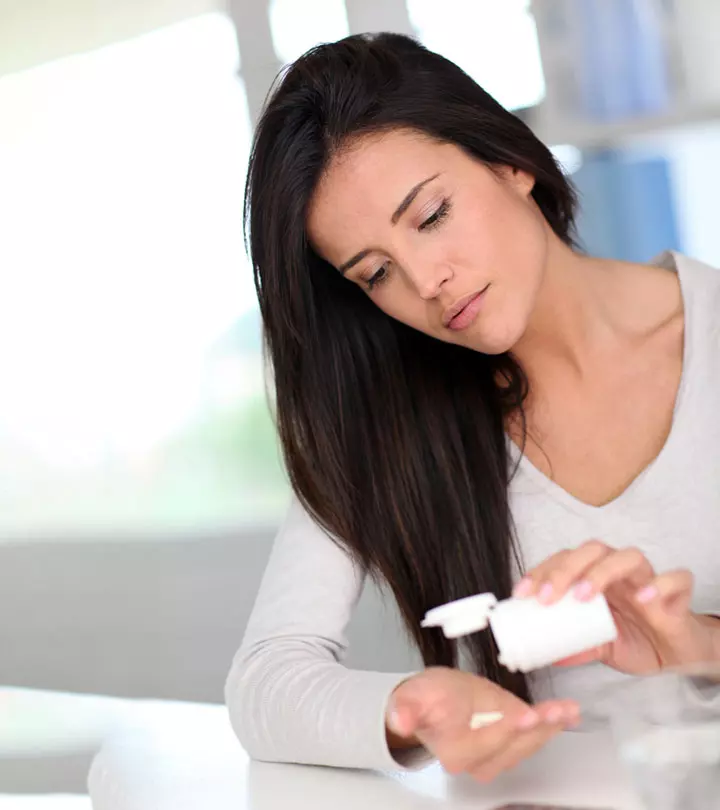
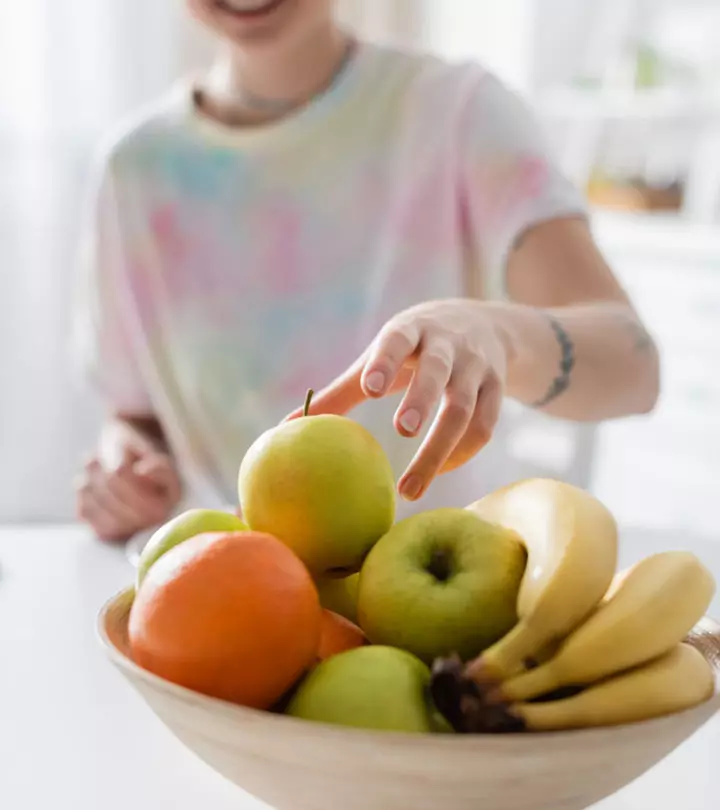
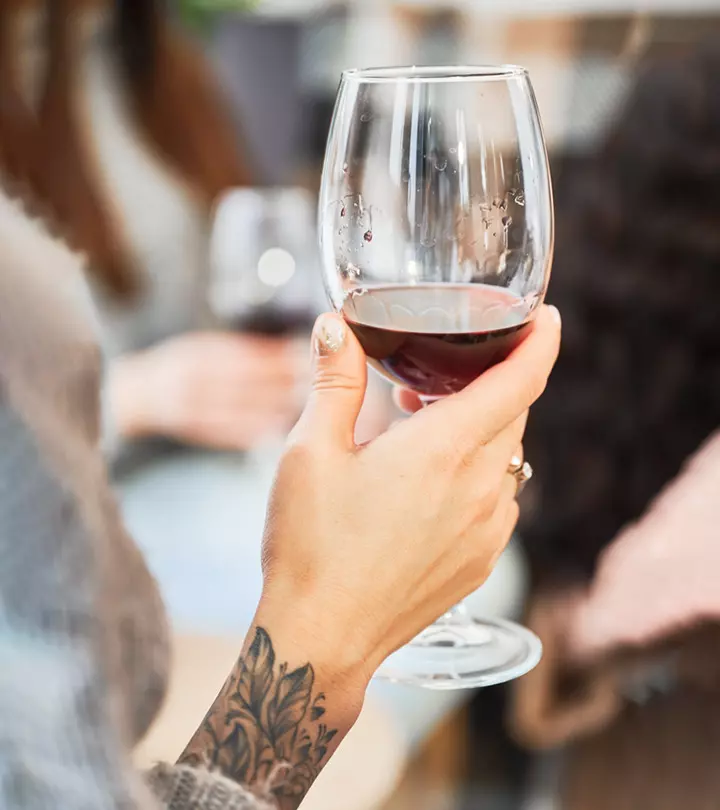
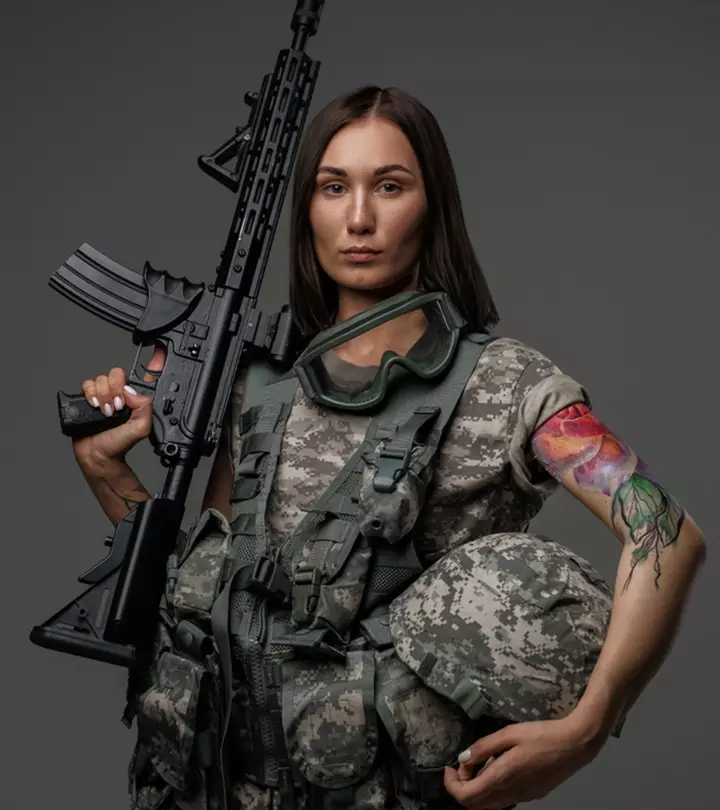
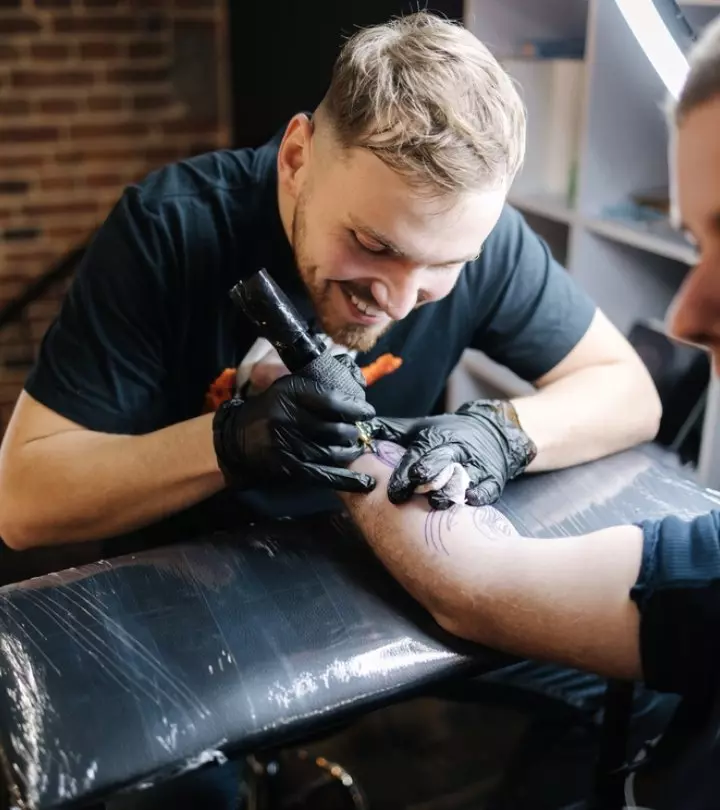
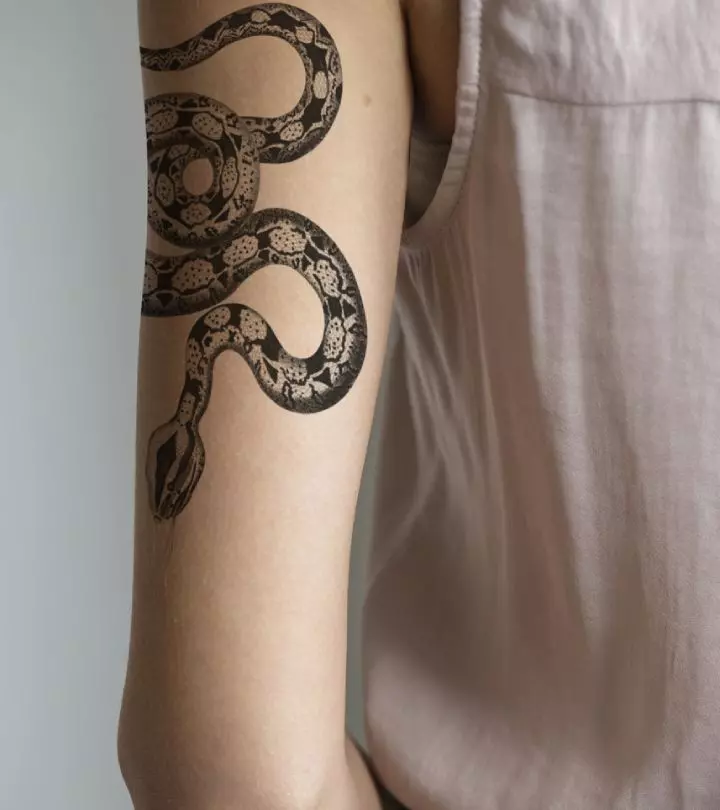
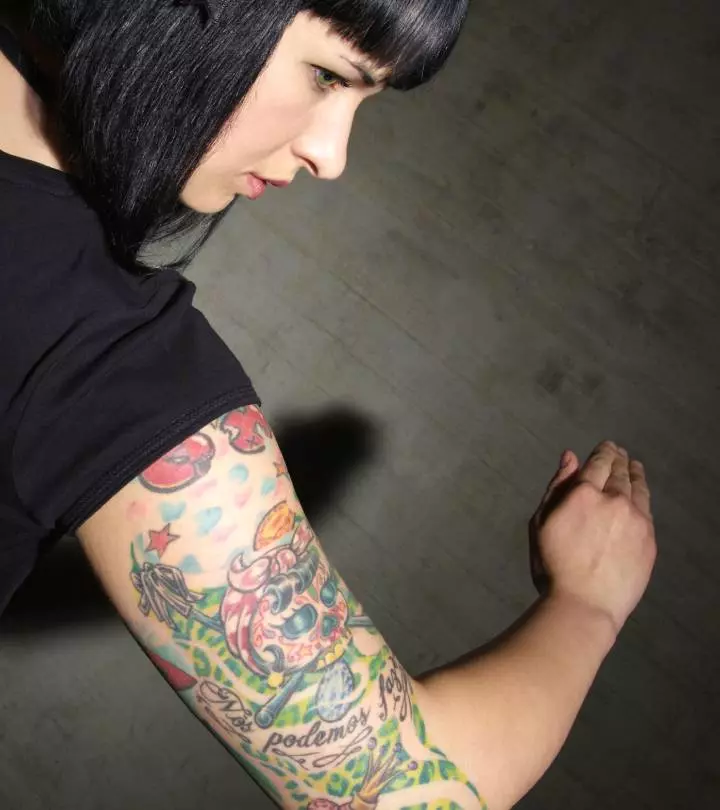
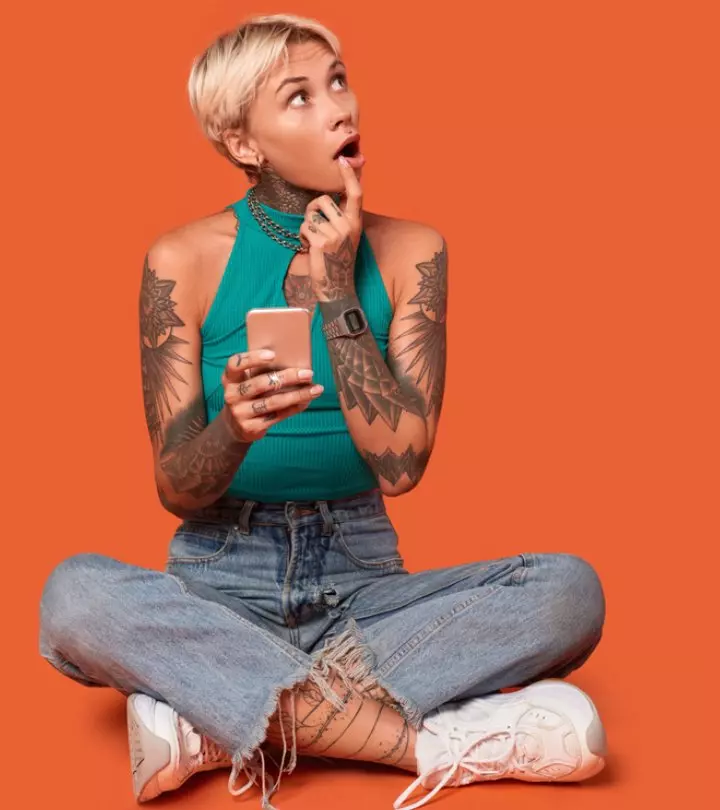
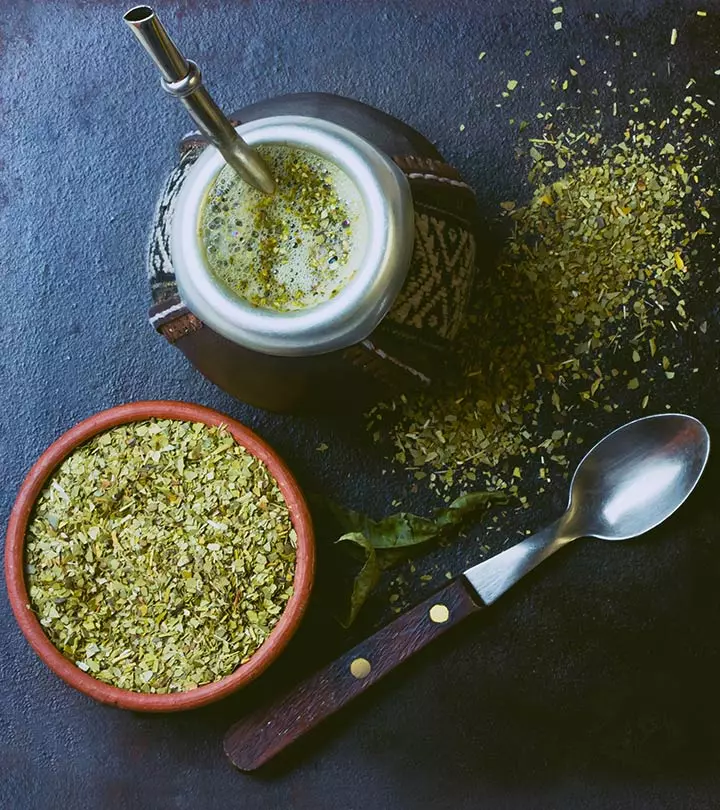
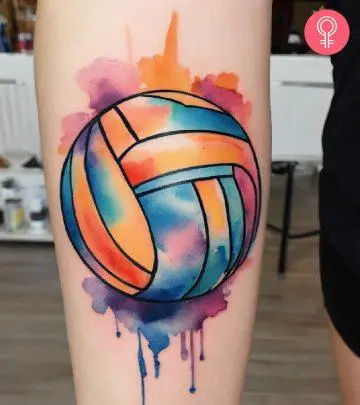
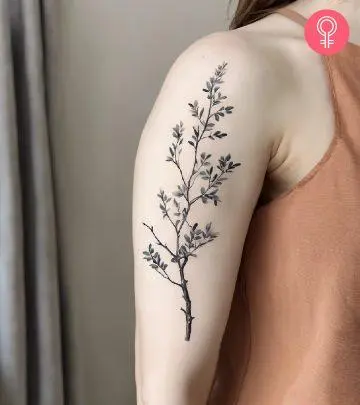
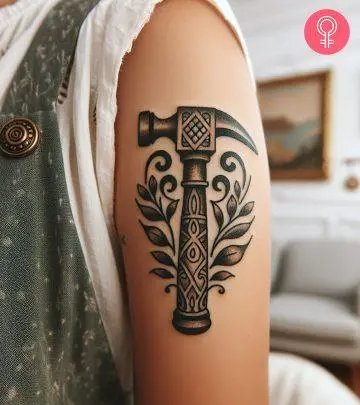
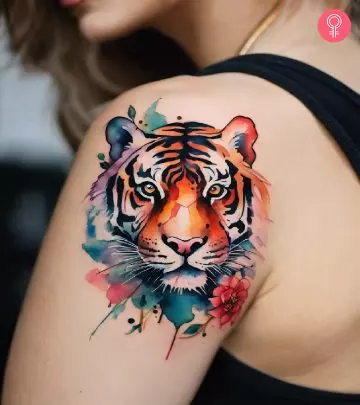
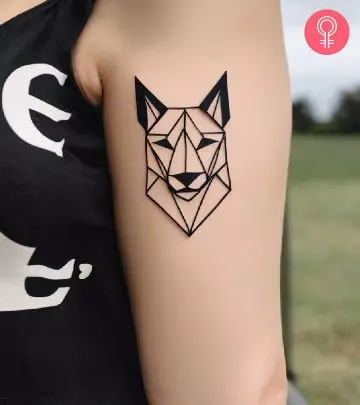
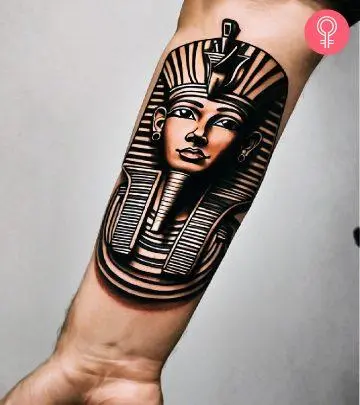

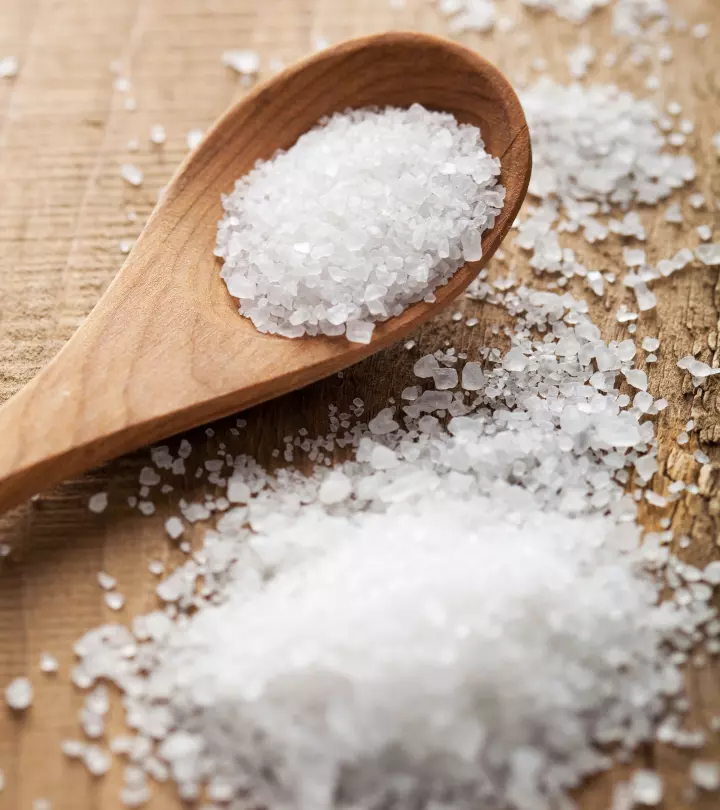
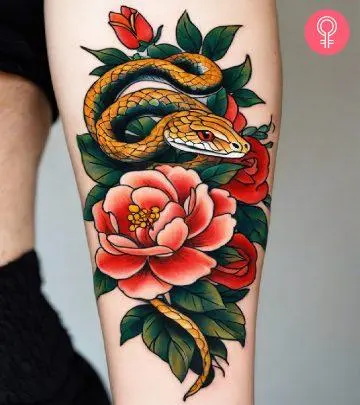
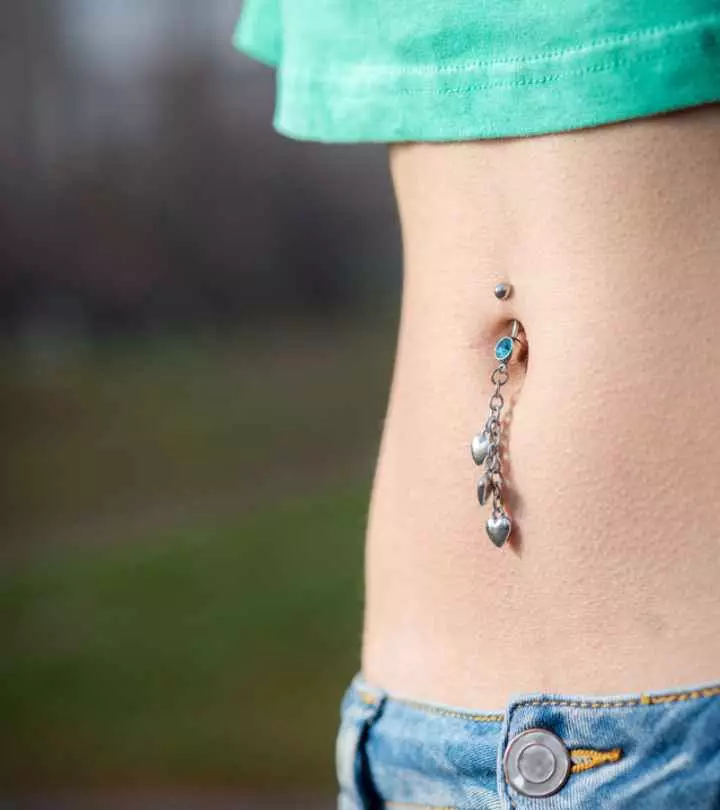
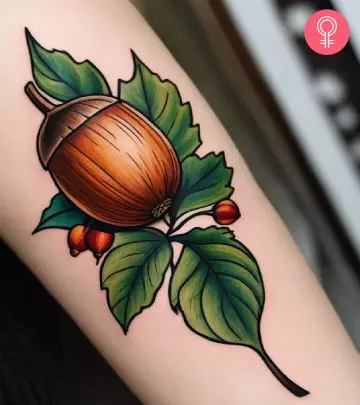
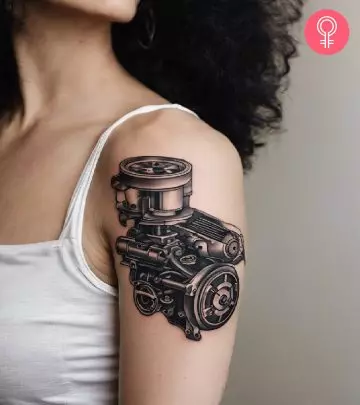
Community Experiences
Join the conversation and become a part of our empowering community! Share your stories, experiences, and insights to connect with other beauty, lifestyle, and health enthusiasts.